

Essay Writing Skills & Techniques
Many of our articles and guides frequently refer to essay writing, so to simplify this, we have collated our best essay writing skills and techniques into one section to assist students and teachers in learning the fundamentals of writing a wide variety of essays, learning the essential elements of all essays and even provide some activities and resource to help you along the way.
WHAT IS AN ESSAY?
Defining an essay is challenging as it crosses many genres and elements of writing. Still, in simple terms, an essay is a piece of writing allowing the author to state an argument, justify their position on a topic, express their emotions, and interpret information, facts and procedures.
The term essay comes from the Latin word ‘exagium’, meaning the presentation of a case or, as we may more commonly say “stating your case.” When writing a high-quality essay, it should be considered your definitive opportunity to have your say on something of meaning and purpose to you so make every word count by following our step-by-step guides below.
ESSAY WRITING SKILLS

How to Start an Essay with Strong Hooks and Leads

Top 5 Essay Writing Tips
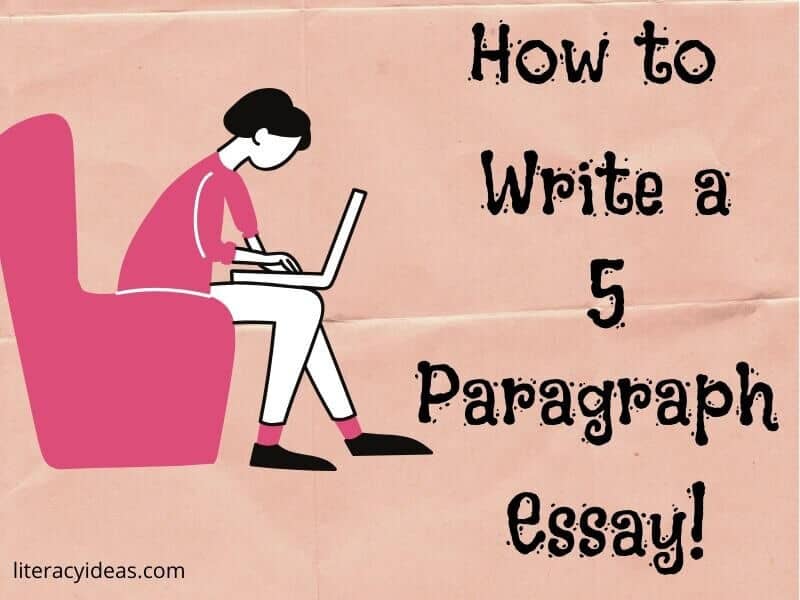
How to write a perfect 5 Paragraph Essay
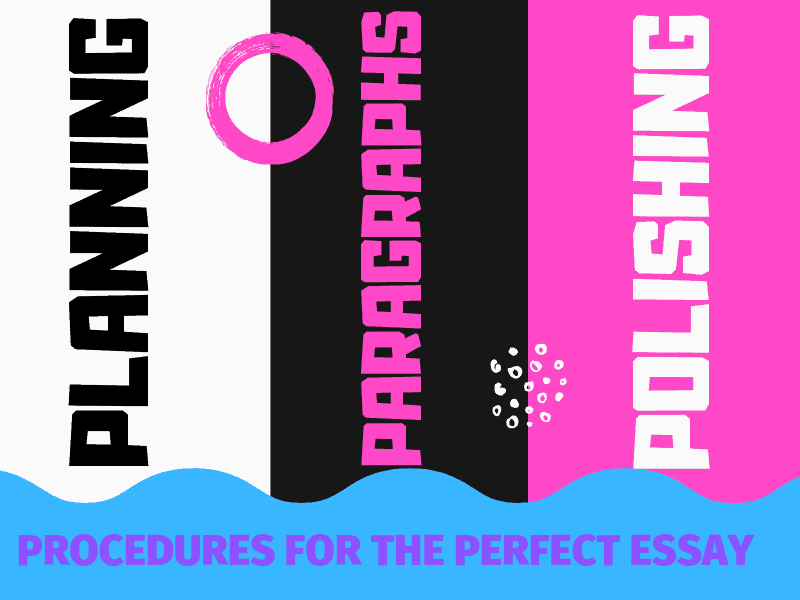
Essay Writing: A complete guide for students and teachers
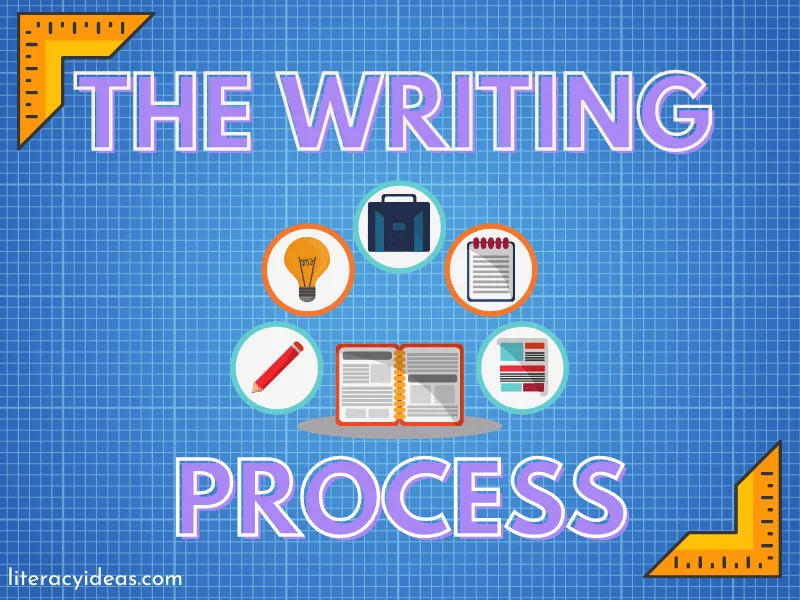
The Writing Process

How to write a Conclusion

Top Research strategies for Students
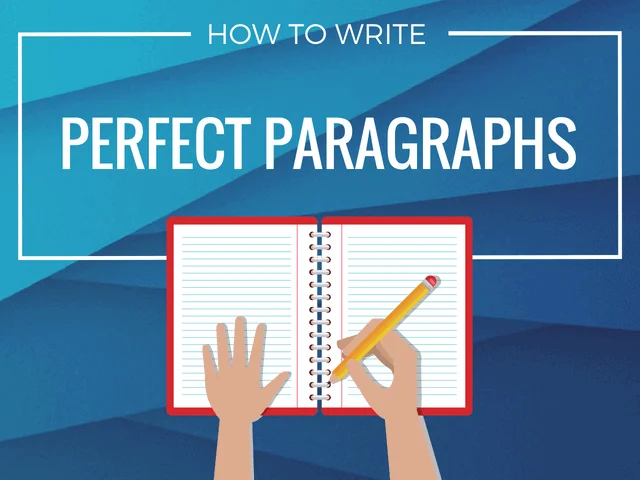
Perfect Paragraph Writing: The Ultimate Guide
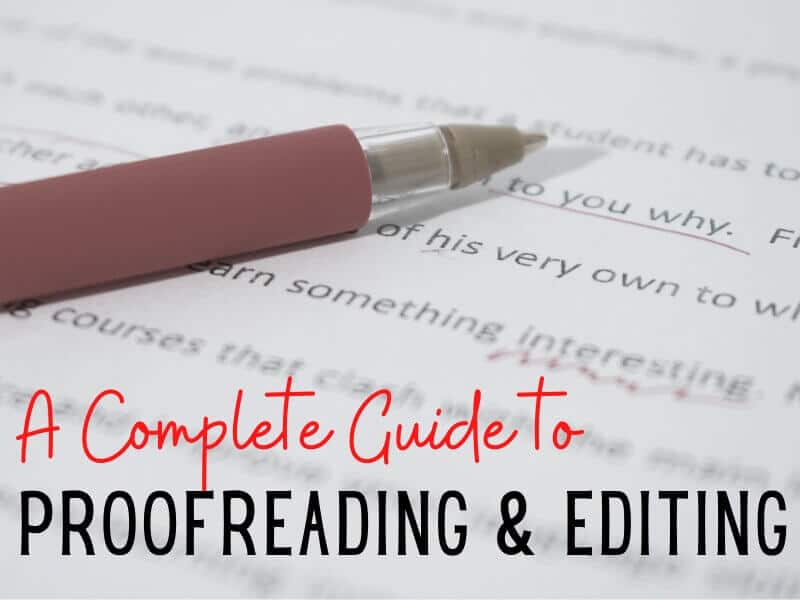
Teaching Proofreading and Editing Skills
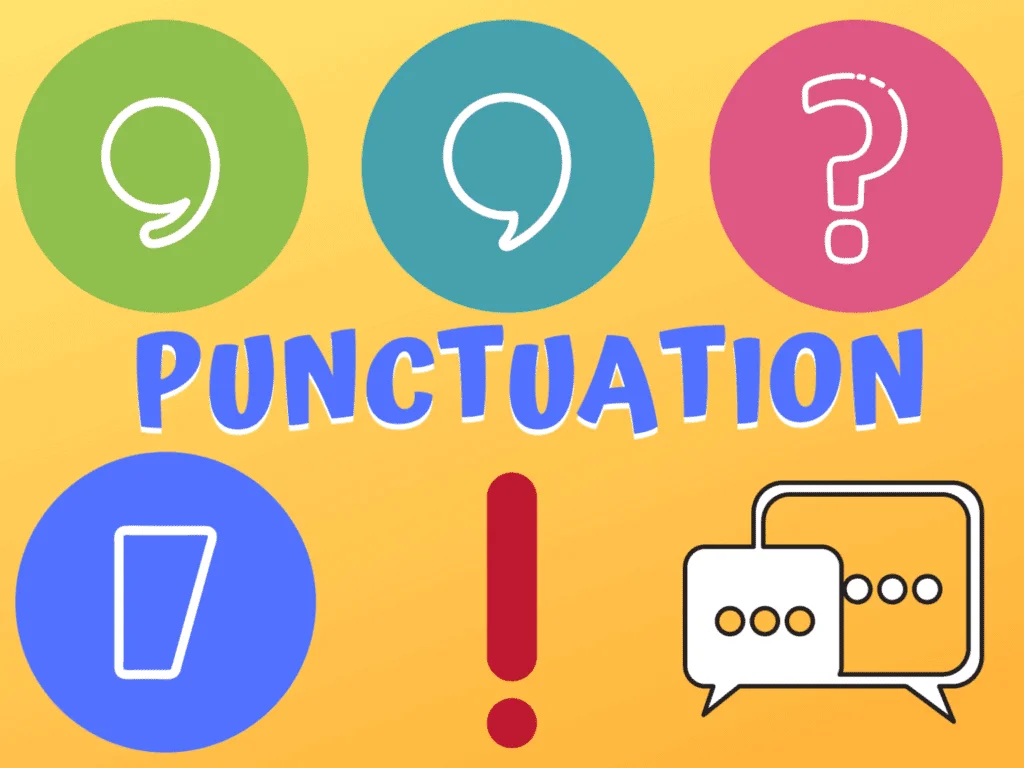
Punctuation rules for students and teachers: A complete guide
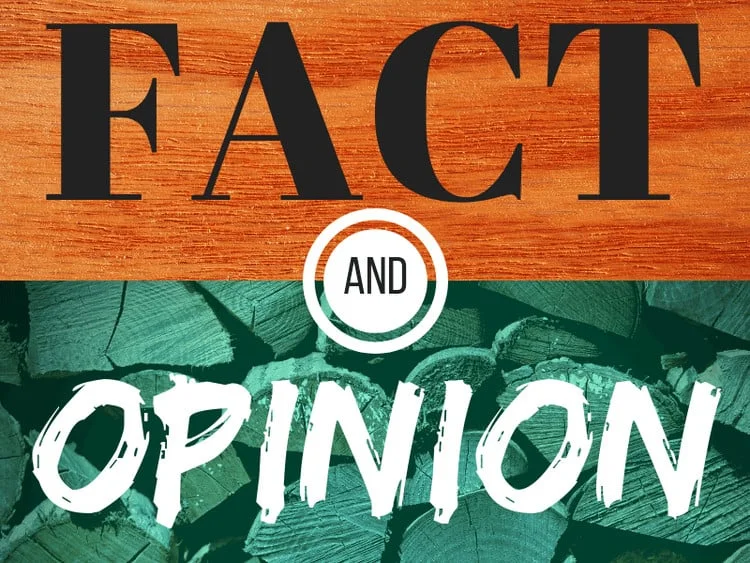
Teaching Fact and Opinion

Point of view in literacy: A guide for students and teachers
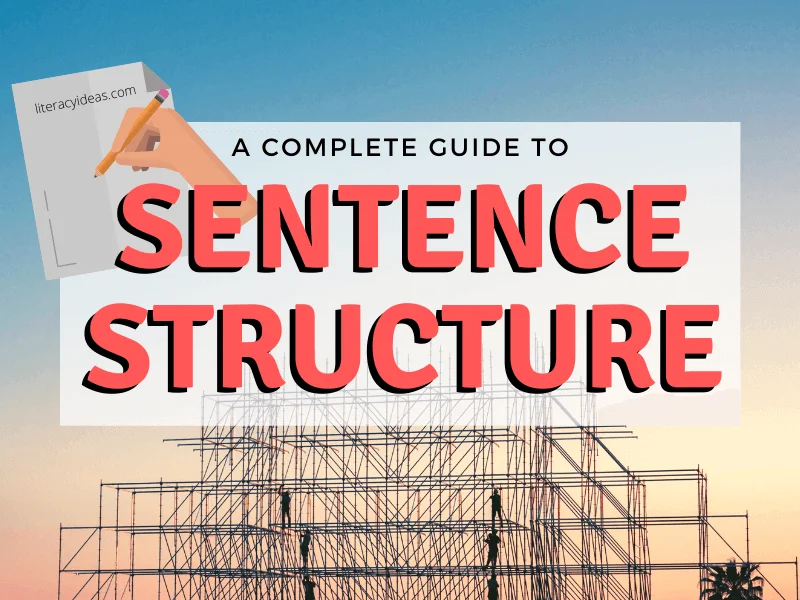
Sentence Structure: A Complete Guide (With Examples & Tasks)
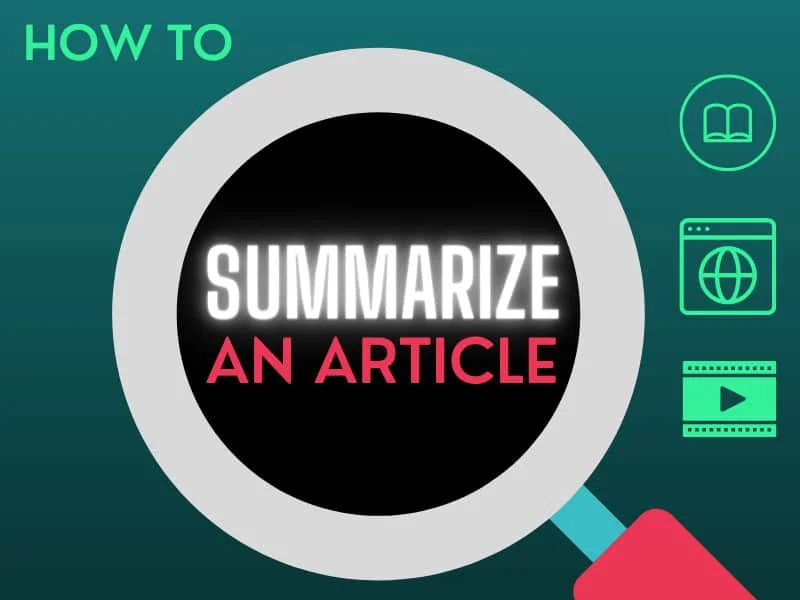
How to Summarize an Article

HOW TO WRITE A HYPOTHESIS
Guides for specific essay types.

How To Write a My Best Friend Essay
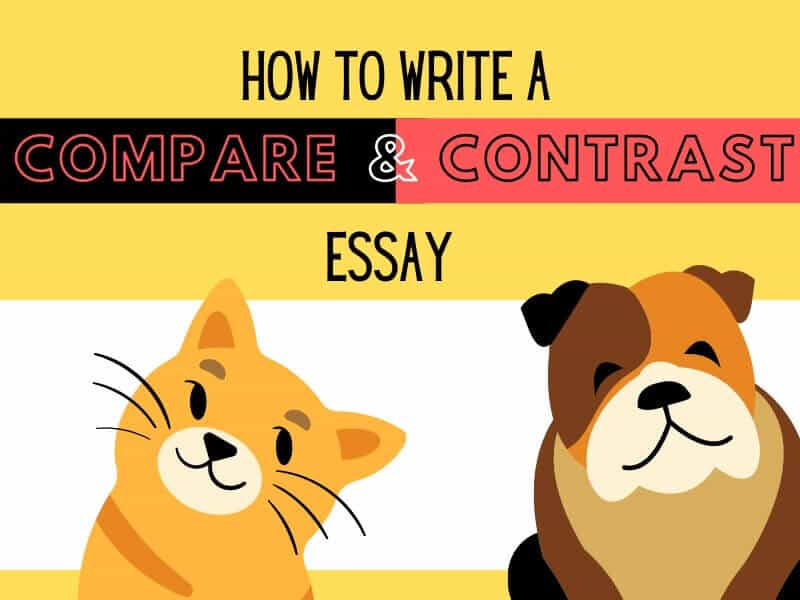
How to Write a Compare and Contrast Essay
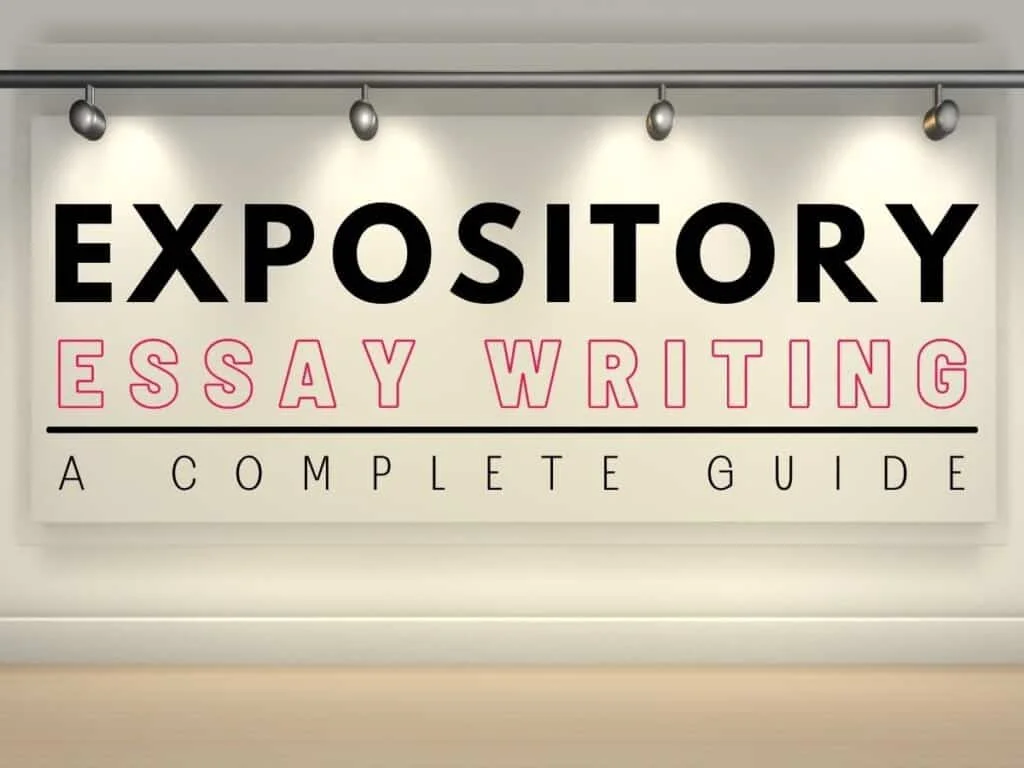
How to Write Excellent Expository Essays

How to write an Argumentative Essay
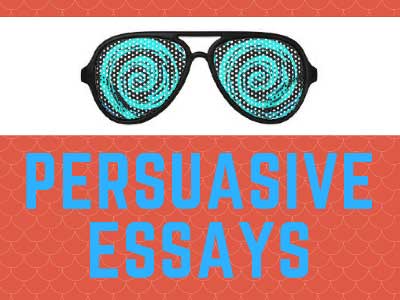
How to Write Perfect Persuasive Essays in 5 Simple Steps

How to Write a Novel Study: A Complete Guide for Students & Teachers
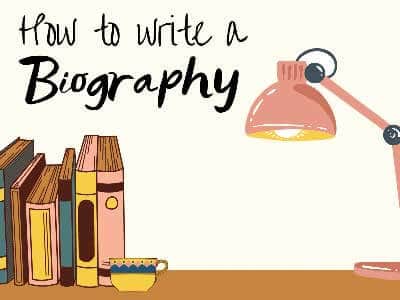
How to Write a Biography
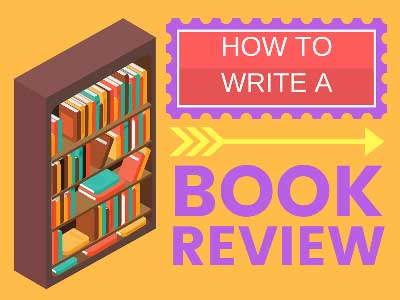
How to Write a Book Review: The Ultimate Guide
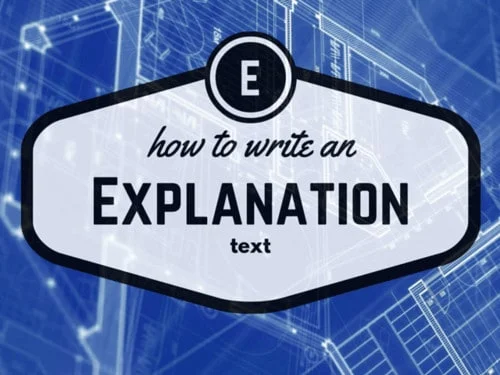
How to Write an Excellent Explanation Text
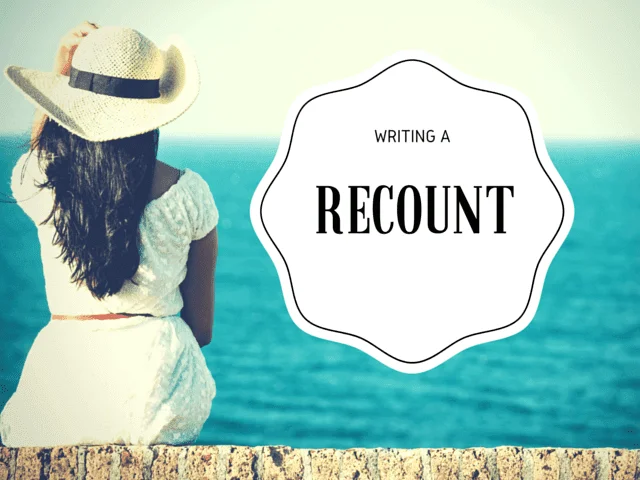
How to Write a Recount Text (And Improve your Writing Skills)
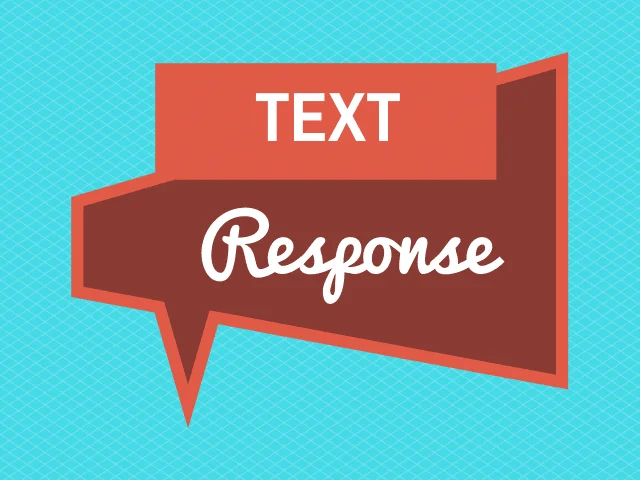
How to write a text response

Narrative Writing: A Complete Guide for Teachers and Students

How to write excellent Procedural Texts
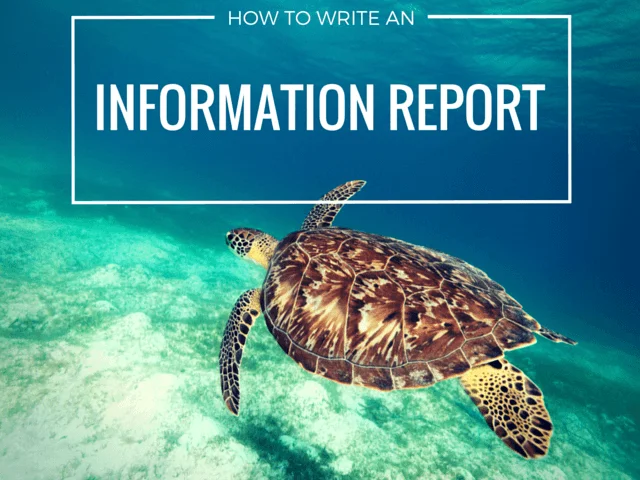
How to Write an Excellent Information Report
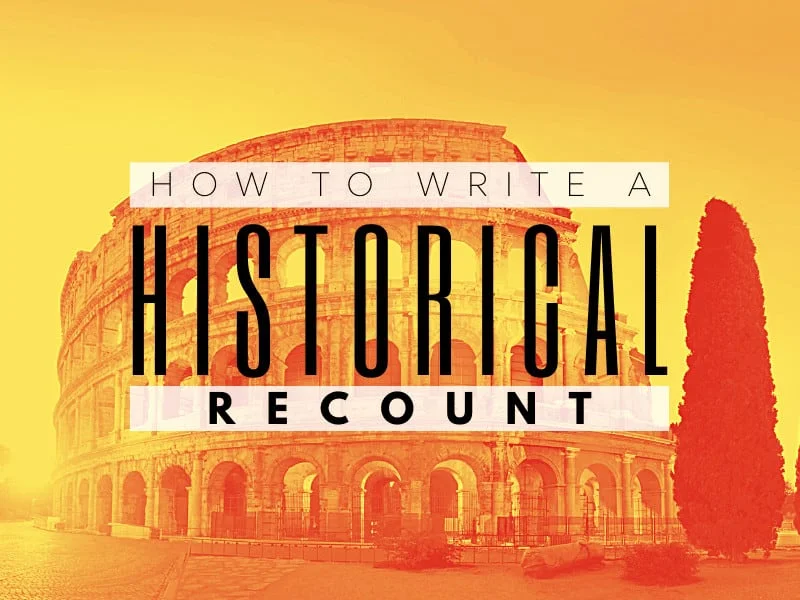
How to Write a Historical Recount Text
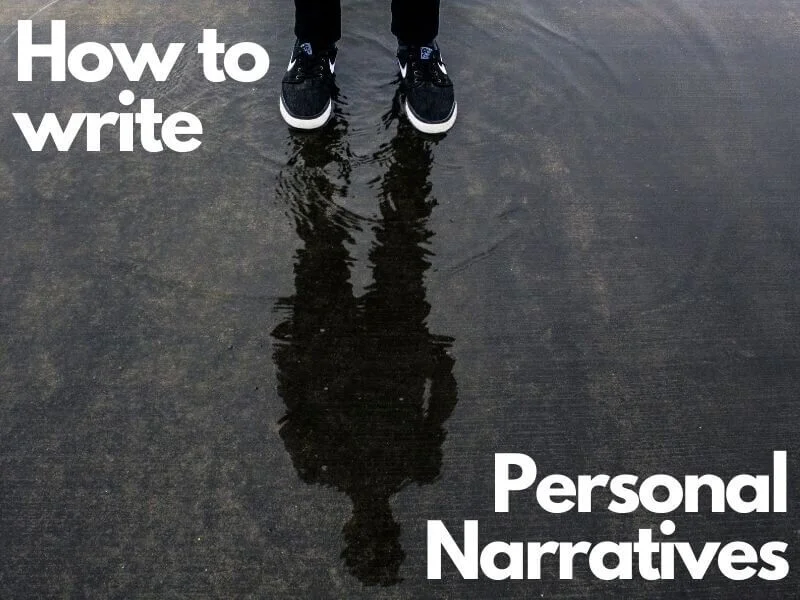
Personal Narrative Writing Guide
Teaching resources and lessons to support essay writing.
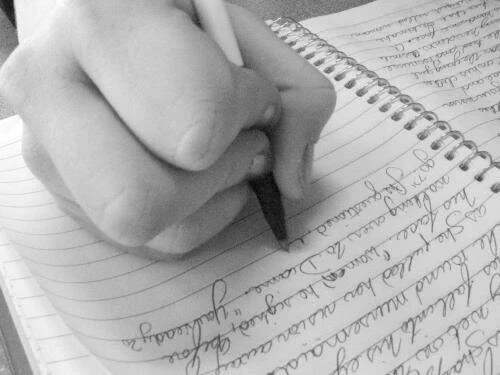
Top 25 Essay Topics for 2024

Glossary of literary terms
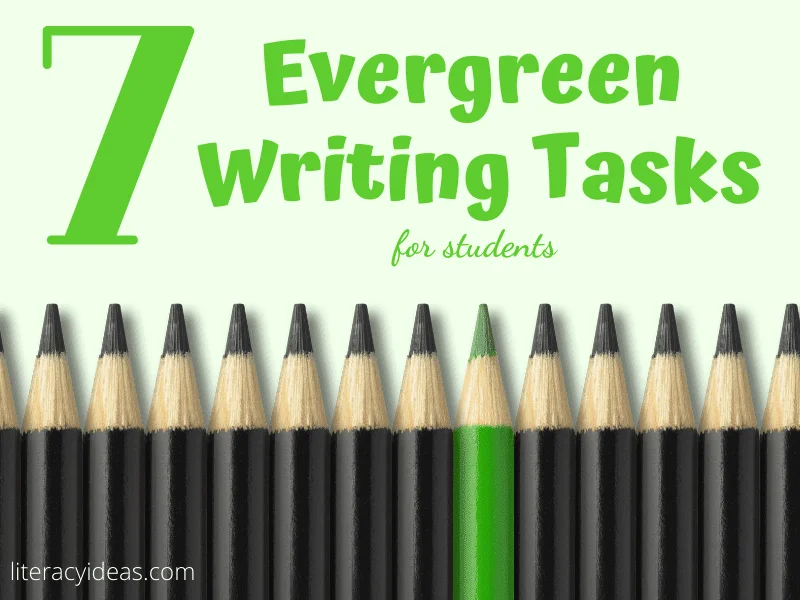
7 Evergreen Writing Activities for Elementary Students

The Author’s Purpose for students and teachers
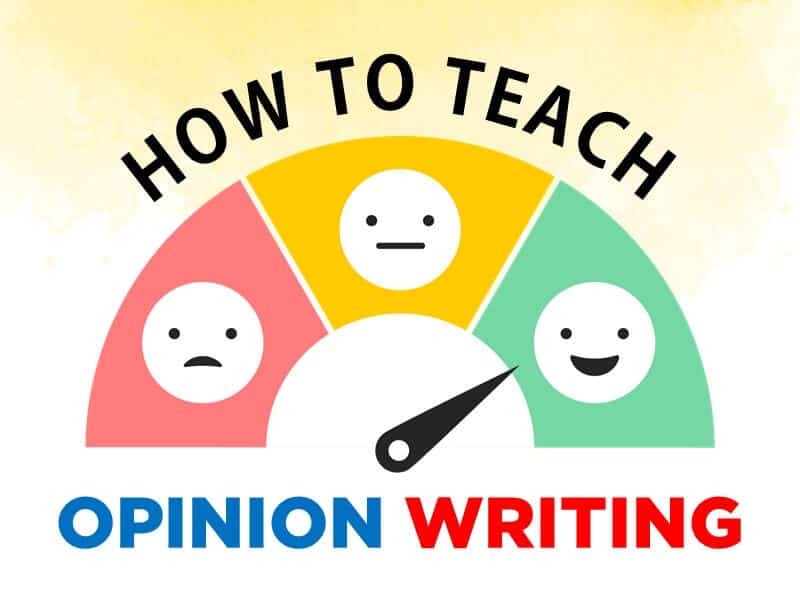

The Ultimate Guide to Opinion Writing for Students and Teachers
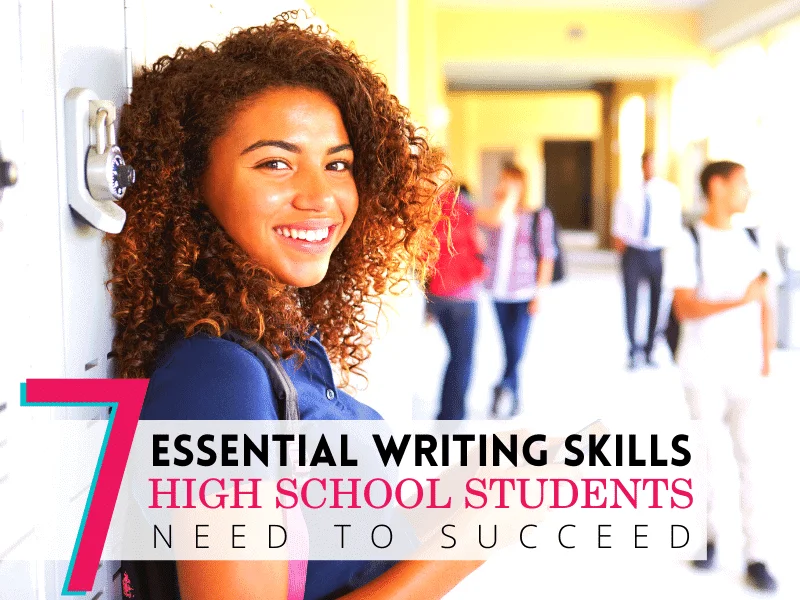
Top 7 High School Writing Skills for Students and Teachers
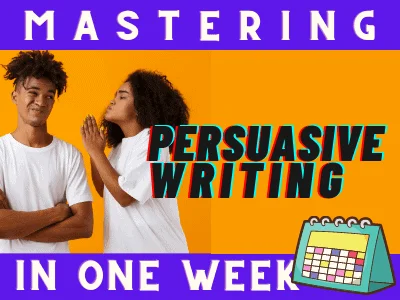
5 Top Persuasive Writing Lesson Plans for Students and Teachers

Explanation Texts: Top 5 Writing tips for younger students
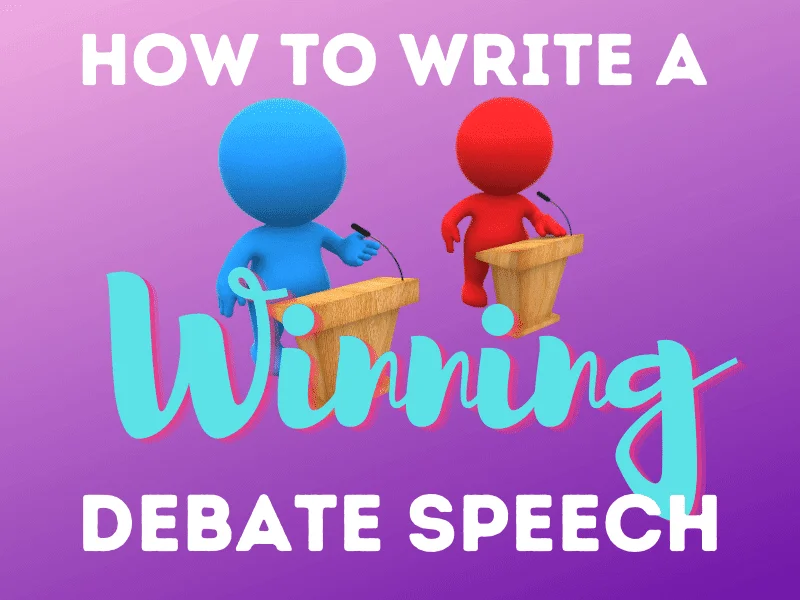
How to Write a Winning Debate Speech
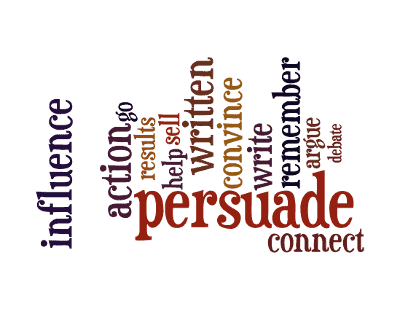
23 Persuasive writing Topics for High School students
Don’t forget that we have loads of essay writing prompts and loads of essay resources and tools you can download today and use with your students.
You are using an outdated browser. Please upgrade your browser or activate Google Chrome Frame to improve your experience.
Baby Steps: 10 Proven Tips to Write Better Essays in English
If writing an essay sounds a little bit scary, just think of it as a chance to improve your writing skills .
Nobody expects your first essay to be perfect. Just make sure you learn something new every time you write an essay, and you will grow your abilities.
We’re going to help you out with ten tips for writing better essays while you’re learning English .
1. Create a Word Bank
2. act like a reporter, 3. create topic sentences, 4. argue both sides, 5. read backwards, 6. use an online thesaurus and a dictionary, 7. combine and separate sentences, 8. have a native english speaker edit your essay, 9. review the whole essay with your friend, then rewrite it, 10. use online apps, and one more thing....
Download: This blog post is available as a convenient and portable PDF that you can take anywhere. Click here to get a copy. (Download)
This is an interesting approach to writing your essay. First, choose a topic and write a thesis . A thesis is the main argument of your essay. For instance, if your topic is reading, your thesis might be “Reading makes you smarter.”
Once you have a thesis, think about your main topic and find words that relate to it in different ways. Then, branch out (broaden, diversify) your list to words that aren’t as closely related to your main topic.
For the example above, your primary list might include words like “books,” “reading” and “intelligent.” Your other “branched out” list might include “Harry Potter,” “reading by a fire” or “test scores.”
This process will help expand your vocabulary over time. Using these words when you write will also make your essay more vibrant (energetic, colorful).
When you are first assigned the topic, go ahead and really explore the possible options for your thesis. Ask questions. Get curious. The more questions you ask before you start writing, the more information you will have to use in the essay.
A strong essay is one that covers a lot of content in a succinct (short, to-the-point) way. This process of acting like a reporter will give you valuable quotes, resources and vocabulary to begin the writing process.
For instance, if you’re writing about a new diet plan , you might ask questions like, “Who is the best candidate for this diet plan?,” “How can someone get started?” and “What is the hardest part of this plan?”
A topic sentence is the first sentence in a paragraph, and it summarizes the rest of the paragraph. You can create them first to help you stay on track when writing your essay.
For the thesis “Reading makes you smarter,” one paragraph’s topic sentence might be, “Newspapers make you more aware of current events.” Another paragraph’s topic sentence could be, “Reading plays and classic literature will make you more cultured.”
If you’re writing about the three main issues facing writers today, you could write three full sentences that each address one main issue. Set these aside. Then, when you start writing the essay, refer to your topic sentences to create a solid structure that begins at point A and ends at point C.
If you have to write a longer or more complex essay, it might help to outline both sides of the argument before you start writing. When you write the essay, you will need to choose one side to focus on. But as you prepare, having a side-by-side list of points can be helpful in developing your thesis.
Also, by arguing for the opposite side of your opinion, you will learn which points you need to better address in your essay. You will learn more about the topic, and you will gain more vocabulary words to enrich the essay.
As an example, you might be writing an essay arguing that people should drink less coffee. To argue both sides, you’ll need to consider the opposite side: the benefits of coffee. How will people quit if they are addicted? What about the antioxidants in coffee? Aren’t those good for you? Really explore the entire concept (both sides of the argument) before you write.
Proper grammar is difficult for even the most fluent English speakers. Because you are learning English, you actually have an advantage. Many native speakers learned improper grammar from the start. It’s difficult to undo the damage caused by a lifetime of writing improperly.
As you learn the English language, make a serious effort to practice your grammar and sentence structure. One way to spot improper grammar in your own English writing is to read each sentence backwards (start with the last word and end with the first). This way, you won’t be fooled by how the words sound when you read them in your head.
Is everything in the correct tense (past, present, future, etc.)? If you’re writing about plurals, are the possessive nouns plural? Are the apostrophes in the right places? Does every sentence end with a punctuation mark (period, question mark, exclamation point)? Reading the text backwards makes you focus on the rules of grammar instead of the flow of the sentence.
You might have learned a large number of fancy words when studying for an entrance exam. But before you start using them in academic essays, be very sure you know what they mean in the context of your essay. This is where the dictionary can come in handy .
A thesaurus is another valuable tool when writing an essay. A thesaurus tells you synonyms, or words that have the same or a similar meaning to the word you look up. It’s important because it can add some volume to your essay and increase the impact of your words.
For example, if you’re writing about cooking, the words “stir” and “add” might come up a lot. This repetition is boring for a reader.
So instead of constantly saying, “Add the tomato” and “add the eggs,” a thesaurus will teach you to say things like “whisk in the eggs” or “gently fold in the tomatoes.” See? It sounds a lot better and adds interest to your essay.
Visual Thesaurus is a resource that works just like a regular thesaurus, but it also shows you the connections between the words. For example, if you type in the word “stir,” you’ll immediately see a whole circle of other words connected to “stir” with lines. From there, you can click on any of the words in the circle (like “move,” in this case) and then see all the words related to that word. This helps you find and learn new words quickly, and it’s also fun!
Once the essay is written, go back through the writing to find any sentences that seem too long or wordy. Break these into two or more sentences.
For example, the following sentence is too long, which makes it unclear:
If you want to write in another language, you need to practice writing in creative ways, like writing on a blog, writing fun poems or texting a friend who speaks the language you’re learning every day.
Instead, you could write it as two clearer sentences (with less repetition of the word “writing”):
If you want to write in another language, you need to practice in creative ways every day. For example, you could start a blog, create fun poems or text a friend.
Do the opposite with sentences you find too short.
Also, look for sentences that are very closely related to one another. If two sentences seem like the thoughts are connected, you can combine them with a semicolon ( ; ).
For example, the following sentences are very closely related:
Learning to write in another language can be really difficult, especially when you’re first getting started. That’s why it helps to practice every day.
That’s why you could write it this way:
Learning to write in another language can be really difficult, especially when you’re first getting started; daily practice is helpful.
Meet up with a friend who is fluent in English (or, at least, more fluent than you). This friend can edit your essay and point out any repetitive errors.
If they find mistakes that you make often, you will be able to watch more closely for that error as you write future essays. This friend will also be able to point out grammatical or spelling errors that you might have missed.
If you don’t have any friends who are fluent in English, you can use a website like Conversation Exchange . This is a free site where native English speakers will correct your writing. In exchange, you correct the writing of someone learning your native language.
Once you and your friend have both reviewed your essay and marked any mistakes, rewrite the whole thing. This step is important. Just noting that you made some mistakes will not help you learn how to avoid them in the future.
By rewriting the essay with the corrections in mind, you will teach yourself how to write those sections properly. You will create a memory of using proper grammar or spelling a word correctly. So, you will be more likely to write it correctly next time.
Lastly, there are some fantastic online resources that can help improve your writing. For instance, Hemingway Editor can review your document to find any confusing or wordy sentences. You can rewrite these to make them easier to understand.
You could also head over to Essay Punch to find resources, tools and support that can help improve your writing skills. Grammar Book is a great resource for practicing proper grammar and spelling.
If you need some practice with words and grammar, but you learn better from audio and video, it can be challenging to improve your writing ability. One way to improve your English skills with a multimedia approach is using a language learning program like FluentU .
Since many online resources are readily accessible, feel free to experiment with your options. Try to find the ones that cater best to your learning habits and needs.
The advice in this post is mainly for improving your essay writing over time. However, if you want a more professional opinion for an important essay, you can also use Scribendi . Scribendi is an online essay editing resource that helps with academic and admissions essays. If you’re applying to a school or are writing an important paper, you may want to consider their services to make sure your essay is the best it can be.
Learning a new language is certainly an ambitious (challenging) task. There are so many small details to learn, and the process takes a lot of time and commitment. But with practice and study, you will improve.
It takes even more effort to become a strong writer in a new language, but these tips will help you get started.
Hopefully, you were able to find one or two tips that you believe will help you improve your essay writing abilities. Over time, try to use all of these strategies (or at least more than one) in your writing routine. Good luck!
If you like learning English through movies and online media, you should also check out FluentU. FluentU lets you learn English from popular talk shows, catchy music videos and funny commercials , as you can see here:

If you want to watch it, the FluentU app has probably got it.
The FluentU app and website makes it really easy to watch English videos. There are captions that are interactive. That means you can tap on any word to see an image, definition, and useful examples.

FluentU lets you learn engaging content with world famous celebrities.
For example, when you tap on the word "searching," you see this:

FluentU lets you tap to look up any word.
Learn all the vocabulary in any video with quizzes. Swipe left or right to see more examples for the word you’re learning.

FluentU helps you learn fast with useful questions and multiple examples. Learn more.
The best part? FluentU remembers the vocabulary that you’re learning. It gives you extra practice with difficult words—and reminds you when it’s time to review what you’ve learned. You have a truly personalized experience.
Start using the FluentU website on your computer or tablet or, better yet, download the FluentU app from the iTunes or Google Play store. Click here to take advantage of our current sale! (Expires at the end of this month.)
Enter your e-mail address to get your free PDF!
We hate SPAM and promise to keep your email address safe

- Link to facebook
- Link to linkedin
- Link to twitter
- Link to youtube
- Writing Tips
How to Write Top-Graded Essays in English
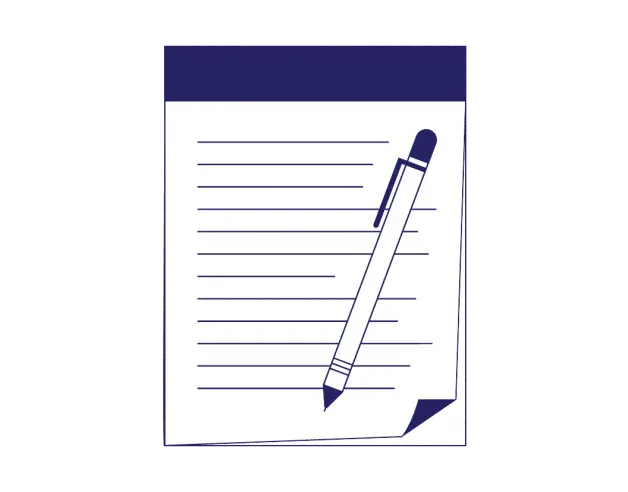
- 5-minute read
- 7th December 2022
Writing English papers and essays can be challenging at first, but with the right tools, knowledge, and resources, you can improve your writing skills. In this article, you’ll get some tips and tricks on how to write a top-graded essay in English.
Have you heard the saying “practice makes perfect”? Well, it’s wrong. Practice does make improvement, though. Whether you’re taking an English composition class, studying for the IELTS or TOEFL , or preparing to study abroad, you can always find new ways to practice writing in English.
If you practice on a daily basis, you’ll be exercising the skills you know while challenging yourself to learn even more. There are many ways you can practice writing in English daily:
- Keep a daily journal.
- Write practice essays.
- Do creative writing exercises .
Read in English
The best way to improve your writing is to read English books, news articles, essays, and other media. By reading the writing of other authors (whether they’re native or non-native speakers), you’re exposing yourself to different writing styles and learning new vocabulary. Be sure to take notes when you’re reading so you can write down things you don’t know (e.g., new words or phrases) or sentences or phrases you like.
For example, maybe you need to write a paper related to climate change. By reading news articles or research papers on this topic, you can learn relevant vocabulary and knowledge you can use in your essay.
FluentU has a great article with a list of 20 classic books you can read in English for free.
Immerse Yourself in English
If you don’t live in an English-speaking country, you may be thinking, “How can I immerse myself in English?” There are many ways to overcome this challenge. The following strategies are especially useful if you plan to study or travel abroad:
- Follow YouTube channels that focus on learning English or that have English speakers.
- Use social media to follow English-speaking accounts you are interested in.
- Watch movies and TV shows in English or use English subtitles when watching your favorite shows.
- Participate in your English club or salon at school to get more practice.
- Become an English tutor at a local school (teaching others is the best way to learn).
By constantly exposing yourself to English, you will improve your writing and speaking skills.
Visit Your Writing Center
If you’re enrolled at a university, you most likely have a free writing center you can use if you need help with your assignments. If you don’t have a writing center, ask your teacher for help and for information on local resources.
Use Your Feedback
After you submit an English writing assignment, you should receive feedback from your teacher on how you did. Use this feedback to your advantage . If you haven’t been getting feedback on your writing, ask your teacher to explain what issues they are seeing in your writing and what you could do to improve.
Find this useful?
Subscribe to our newsletter and get writing tips from our editors straight to your inbox.
Be Aware of Your Common Writing Mistakes
If you review your feedback on writing assignments, you might notice some recurring mistakes you are making. Make a list of common mistakes you tend to make when writing, and use it when doing future assignments. Some common mistakes include the following:
- Grammar errors (e.g., not using articles).
- Incorrect vocabulary (e.g., confusing however and therefore ).
- Spelling mistakes (e.g., writing form when you mean from ).
- Missing essay components (e.g., not using a thesis statement in your introduction).
- Not using examples in your body paragraphs.
- Not writing an effective conclusion .
This is just a general list of writing mistakes, some of which you may make. But be sure to go through your writing feedback or talk with your teacher to make a list of your most common mistakes.
Use a Prewriting Strategy
So many students sit down to write an essay without a plan. They just start writing whatever comes to their mind. However, to write a top-graded essay in English, you must plan and brainstorm before you begin to write. Here are some strategies you can use during the prewriting stage:
- Freewriting
- Concept Mapping
For more detailed information on each of these processes, read “5 Useful Prewriting Strategies.”
Follow the Writing Process
All writers should follow a writing process. However, the writing process can vary depending on what you’re writing. For example, the process for a Ph.D. thesis is going to look different to that of a news article. Regardless, there are some basic steps that all writers should follow:
- Understanding the assignment, essay question, or writing topic.
- Planning, outlining, and prewriting.
- Writing a thesis statement.
- Writing your essay.
- Revising and editing.
For more information on how to write an essay in English, read “How To Construct an Excellent Essay in 5 Steps.”
Writing essays, theses, news articles, or papers in English can be challenging. They take a lot of work, practice, and persistence. However, with these tips, you will be on your way to writing top-graded English essays.
If you need more help with your English writing, the experts at Proofed will proofread your first 500 words for free!
Share this article:
Post A New Comment
Got content that needs a quick turnaround? Let us polish your work. Explore our editorial business services.
3-minute read
What Is a Content Editor?
Are you interested in learning more about the role of a content editor and the...
4-minute read
The Benefits of Using an Online Proofreading Service
Proofreading is important to ensure your writing is clear and concise for your readers. Whether...
2-minute read
6 Online AI Presentation Maker Tools
Creating presentations can be time-consuming and frustrating. Trying to construct a visually appealing and informative...
What Is Market Research?
No matter your industry, conducting market research helps you keep up to date with shifting...
8 Press Release Distribution Services for Your Business
In a world where you need to stand out, press releases are key to being...
How to Get a Patent
In the United States, the US Patent and Trademarks Office issues patents. In the United...

Make sure your writing is the best it can be with our expert English proofreading and editing.

- SUGGESTED TOPICS
- The Magazine
- Newsletters
- Managing Yourself
- Managing Teams
- Work-life Balance
- The Big Idea
- Data & Visuals
- Reading Lists
- Case Selections
- HBR Learning
- Topic Feeds
- Account Settings
- Email Preferences
A (Very) Simple Way to Improve Your Writing
- Mark Rennella

It’s called the “one-idea rule” — and any level of writer can use it.
The “one idea” rule is a simple concept that can help you sharpen your writing, persuade others by presenting your argument in a clear, concise, and engaging way. What exactly does the rule say?
- Every component of a successful piece of writing should express only one idea.
- In persuasive writing, your “one idea” is often the argument or belief you are presenting to the reader. Once you identify what that argument is, the “one-idea rule” can help you develop, revise, and connect the various components of your writing.
- For instance, let’s say you’re writing an essay. There are three components you will be working with throughout your piece: the title, the paragraphs, and the sentences.
- Each of these parts should be dedicated to just one idea. The ideas are not identical, of course, but they’re all related. If done correctly, the smaller ideas (in sentences) all build (in paragraphs) to support the main point (suggested in the title).
Where your work meets your life. See more from Ascend here .
Most advice about writing looks like a long laundry list of “do’s and don’ts.” These lists can be helpful from time to time, but they’re hard to remember … and, therefore, hard to depend on when you’re having trouble putting your thoughts to paper. During my time in academia, teaching composition at the undergraduate and graduate levels, I saw many people struggle with this.
- MR Mark Rennella is Associate Editor at HBP and has published two books, Entrepreneurs, Managers, and Leaders and The Boston Cosmopolitans .
Partner Center
Have a language expert improve your writing
Run a free plagiarism check in 10 minutes, generate accurate citations for free.
- Knowledge Base
- Example of a great essay | Explanations, tips & tricks
Example of a Great Essay | Explanations, Tips & Tricks
Published on February 9, 2015 by Shane Bryson . Revised on July 23, 2023 by Shona McCombes.
This example guides you through the structure of an essay. It shows how to build an effective introduction , focused paragraphs , clear transitions between ideas, and a strong conclusion .
Each paragraph addresses a single central point, introduced by a topic sentence , and each point is directly related to the thesis statement .
As you read, hover over the highlighted parts to learn what they do and why they work.
Instantly correct all language mistakes in your text
Upload your document to correct all your mistakes in minutes

Table of contents
Other interesting articles, frequently asked questions about writing an essay, an appeal to the senses: the development of the braille system in nineteenth-century france.
The invention of Braille was a major turning point in the history of disability. The writing system of raised dots used by visually impaired people was developed by Louis Braille in nineteenth-century France. In a society that did not value disabled people in general, blindness was particularly stigmatized, and lack of access to reading and writing was a significant barrier to social participation. The idea of tactile reading was not entirely new, but existing methods based on sighted systems were difficult to learn and use. As the first writing system designed for blind people’s needs, Braille was a groundbreaking new accessibility tool. It not only provided practical benefits, but also helped change the cultural status of blindness. This essay begins by discussing the situation of blind people in nineteenth-century Europe. It then describes the invention of Braille and the gradual process of its acceptance within blind education. Subsequently, it explores the wide-ranging effects of this invention on blind people’s social and cultural lives.
Lack of access to reading and writing put blind people at a serious disadvantage in nineteenth-century society. Text was one of the primary methods through which people engaged with culture, communicated with others, and accessed information; without a well-developed reading system that did not rely on sight, blind people were excluded from social participation (Weygand, 2009). While disabled people in general suffered from discrimination, blindness was widely viewed as the worst disability, and it was commonly believed that blind people were incapable of pursuing a profession or improving themselves through culture (Weygand, 2009). This demonstrates the importance of reading and writing to social status at the time: without access to text, it was considered impossible to fully participate in society. Blind people were excluded from the sighted world, but also entirely dependent on sighted people for information and education.
In France, debates about how to deal with disability led to the adoption of different strategies over time. While people with temporary difficulties were able to access public welfare, the most common response to people with long-term disabilities, such as hearing or vision loss, was to group them together in institutions (Tombs, 1996). At first, a joint institute for the blind and deaf was created, and although the partnership was motivated more by financial considerations than by the well-being of the residents, the institute aimed to help people develop skills valuable to society (Weygand, 2009). Eventually blind institutions were separated from deaf institutions, and the focus shifted towards education of the blind, as was the case for the Royal Institute for Blind Youth, which Louis Braille attended (Jimenez et al, 2009). The growing acknowledgement of the uniqueness of different disabilities led to more targeted education strategies, fostering an environment in which the benefits of a specifically blind education could be more widely recognized.
Several different systems of tactile reading can be seen as forerunners to the method Louis Braille developed, but these systems were all developed based on the sighted system. The Royal Institute for Blind Youth in Paris taught the students to read embossed roman letters, a method created by the school’s founder, Valentin Hauy (Jimenez et al., 2009). Reading this way proved to be a rather arduous task, as the letters were difficult to distinguish by touch. The embossed letter method was based on the reading system of sighted people, with minimal adaptation for those with vision loss. As a result, this method did not gain significant success among blind students.
Louis Braille was bound to be influenced by his school’s founder, but the most influential pre-Braille tactile reading system was Charles Barbier’s night writing. A soldier in Napoleon’s army, Barbier developed a system in 1819 that used 12 dots with a five line musical staff (Kersten, 1997). His intention was to develop a system that would allow the military to communicate at night without the need for light (Herron, 2009). The code developed by Barbier was phonetic (Jimenez et al., 2009); in other words, the code was designed for sighted people and was based on the sounds of words, not on an actual alphabet. Barbier discovered that variants of raised dots within a square were the easiest method of reading by touch (Jimenez et al., 2009). This system proved effective for the transmission of short messages between military personnel, but the symbols were too large for the fingertip, greatly reducing the speed at which a message could be read (Herron, 2009). For this reason, it was unsuitable for daily use and was not widely adopted in the blind community.
Nevertheless, Barbier’s military dot system was more efficient than Hauy’s embossed letters, and it provided the framework within which Louis Braille developed his method. Barbier’s system, with its dashes and dots, could form over 4000 combinations (Jimenez et al., 2009). Compared to the 26 letters of the Latin alphabet, this was an absurdly high number. Braille kept the raised dot form, but developed a more manageable system that would reflect the sighted alphabet. He replaced Barbier’s dashes and dots with just six dots in a rectangular configuration (Jimenez et al., 2009). The result was that the blind population in France had a tactile reading system using dots (like Barbier’s) that was based on the structure of the sighted alphabet (like Hauy’s); crucially, this system was the first developed specifically for the purposes of the blind.
While the Braille system gained immediate popularity with the blind students at the Institute in Paris, it had to gain acceptance among the sighted before its adoption throughout France. This support was necessary because sighted teachers and leaders had ultimate control over the propagation of Braille resources. Many of the teachers at the Royal Institute for Blind Youth resisted learning Braille’s system because they found the tactile method of reading difficult to learn (Bullock & Galst, 2009). This resistance was symptomatic of the prevalent attitude that the blind population had to adapt to the sighted world rather than develop their own tools and methods. Over time, however, with the increasing impetus to make social contribution possible for all, teachers began to appreciate the usefulness of Braille’s system (Bullock & Galst, 2009), realizing that access to reading could help improve the productivity and integration of people with vision loss. It took approximately 30 years, but the French government eventually approved the Braille system, and it was established throughout the country (Bullock & Galst, 2009).
Although Blind people remained marginalized throughout the nineteenth century, the Braille system granted them growing opportunities for social participation. Most obviously, Braille allowed people with vision loss to read the same alphabet used by sighted people (Bullock & Galst, 2009), allowing them to participate in certain cultural experiences previously unavailable to them. Written works, such as books and poetry, had previously been inaccessible to the blind population without the aid of a reader, limiting their autonomy. As books began to be distributed in Braille, this barrier was reduced, enabling people with vision loss to access information autonomously. The closing of the gap between the abilities of blind and the sighted contributed to a gradual shift in blind people’s status, lessening the cultural perception of the blind as essentially different and facilitating greater social integration.
The Braille system also had important cultural effects beyond the sphere of written culture. Its invention later led to the development of a music notation system for the blind, although Louis Braille did not develop this system himself (Jimenez, et al., 2009). This development helped remove a cultural obstacle that had been introduced by the popularization of written musical notation in the early 1500s. While music had previously been an arena in which the blind could participate on equal footing, the transition from memory-based performance to notation-based performance meant that blind musicians were no longer able to compete with sighted musicians (Kersten, 1997). As a result, a tactile musical notation system became necessary for professional equality between blind and sighted musicians (Kersten, 1997).
Braille paved the way for dramatic cultural changes in the way blind people were treated and the opportunities available to them. Louis Braille’s innovation was to reimagine existing reading systems from a blind perspective, and the success of this invention required sighted teachers to adapt to their students’ reality instead of the other way around. In this sense, Braille helped drive broader social changes in the status of blindness. New accessibility tools provide practical advantages to those who need them, but they can also change the perspectives and attitudes of those who do not.
Bullock, J. D., & Galst, J. M. (2009). The Story of Louis Braille. Archives of Ophthalmology , 127(11), 1532. https://doi.org/10.1001/archophthalmol.2009.286.
Herron, M. (2009, May 6). Blind visionary. Retrieved from https://eandt.theiet.org/content/articles/2009/05/blind-visionary/.
Jiménez, J., Olea, J., Torres, J., Alonso, I., Harder, D., & Fischer, K. (2009). Biography of Louis Braille and Invention of the Braille Alphabet. Survey of Ophthalmology , 54(1), 142–149. https://doi.org/10.1016/j.survophthal.2008.10.006.
Kersten, F.G. (1997). The history and development of Braille music methodology. The Bulletin of Historical Research in Music Education , 18(2). Retrieved from https://www.jstor.org/stable/40214926.
Mellor, C.M. (2006). Louis Braille: A touch of genius . Boston: National Braille Press.
Tombs, R. (1996). France: 1814-1914 . London: Pearson Education Ltd.
Weygand, Z. (2009). The blind in French society from the Middle Ages to the century of Louis Braille . Stanford: Stanford University Press.
If you want to know more about AI tools , college essays , or fallacies make sure to check out some of our other articles with explanations and examples or go directly to our tools!
- Ad hominem fallacy
- Post hoc fallacy
- Appeal to authority fallacy
- False cause fallacy
- Sunk cost fallacy
College essays
- Choosing Essay Topic
- Write a College Essay
- Write a Diversity Essay
- College Essay Format & Structure
- Comparing and Contrasting in an Essay
(AI) Tools
- Grammar Checker
- Paraphrasing Tool
- Text Summarizer
- AI Detector
- Plagiarism Checker
- Citation Generator
Prevent plagiarism. Run a free check.
An essay is a focused piece of writing that explains, argues, describes, or narrates.
In high school, you may have to write many different types of essays to develop your writing skills.
Academic essays at college level are usually argumentative : you develop a clear thesis about your topic and make a case for your position using evidence, analysis and interpretation.
The structure of an essay is divided into an introduction that presents your topic and thesis statement , a body containing your in-depth analysis and arguments, and a conclusion wrapping up your ideas.
The structure of the body is flexible, but you should always spend some time thinking about how you can organize your essay to best serve your ideas.
Your essay introduction should include three main things, in this order:
- An opening hook to catch the reader’s attention.
- Relevant background information that the reader needs to know.
- A thesis statement that presents your main point or argument.
The length of each part depends on the length and complexity of your essay .
A thesis statement is a sentence that sums up the central point of your paper or essay . Everything else you write should relate to this key idea.
A topic sentence is a sentence that expresses the main point of a paragraph . Everything else in the paragraph should relate to the topic sentence.
At college level, you must properly cite your sources in all essays , research papers , and other academic texts (except exams and in-class exercises).
Add a citation whenever you quote , paraphrase , or summarize information or ideas from a source. You should also give full source details in a bibliography or reference list at the end of your text.
The exact format of your citations depends on which citation style you are instructed to use. The most common styles are APA , MLA , and Chicago .
Cite this Scribbr article
If you want to cite this source, you can copy and paste the citation or click the “Cite this Scribbr article” button to automatically add the citation to our free Citation Generator.
Bryson, S. (2023, July 23). Example of a Great Essay | Explanations, Tips & Tricks. Scribbr. Retrieved April 2, 2024, from https://www.scribbr.com/academic-essay/example-essay-structure/
Is this article helpful?
Shane Bryson
Shane finished his master's degree in English literature in 2013 and has been working as a writing tutor and editor since 2009. He began proofreading and editing essays with Scribbr in early summer, 2014.
Other students also liked
How to write an essay introduction | 4 steps & examples, academic paragraph structure | step-by-step guide & examples, how to write topic sentences | 4 steps, examples & purpose, unlimited academic ai-proofreading.
✔ Document error-free in 5minutes ✔ Unlimited document corrections ✔ Specialized in correcting academic texts

IMAGES
VIDEO
COMMENTS
Harvard College Writing Center 2 Tips for Reading an Assignment Prompt When you receive a paper assignment, your first step should be to read the assignment prompt carefully to make sure you understand what you are being asked to do. Sometimes your assignment will be open-ended (“write a paper about anything in the course that interests you”).
In this post, we will explore the best essay writing tips and cover different essay types, the essay structure, an essay outline and much more to help you succeed on an upcoming English essay. These 10 tips are perfect for school, college or university essays, as well as English exams like IELTS, PTE and TOEFL.
Come up with a thesis. Create an essay outline. Write the introduction. Write the main body, organized into paragraphs. Write the conclusion. Evaluate the overall organization. Revise the content of each paragraph. Proofread your essay or use a Grammar Checker for language errors. Use a plagiarism checker.
An essay is a written composition that presents and supports a particular idea, argument, or point of view. It’s a way to express your thoughts, share information, and persuade others to see things from your perspective. Essays come in various forms, such as argumentative, persuasive, expository, and descriptive, each serving a unique purpose.
Essay Writing Skills & Techniques. By Shane Mac Donnchaidh September 7, 2021March 5, 2024 March 5, 2024. Many of our articles and guides frequently refer to essay writing, so to simplify this, we have collated our best essay writing skills and techniques into one section to assist students and teachers in learning the fundamentals of writing a ...
1. Create a Word Bank. This is an interesting approach to writing your essay. First, choose a topic and write a thesis. A thesis is the main argument of your essay. For instance, if your topic is reading, your thesis might be “Reading makes you smarter.”.
For more information on how to write an essay in English, read “How To Construct an Excellent Essay in 5 Steps.” Takeaway. Writing essays, theses, news articles, or papers in English can be challenging. They take a lot of work, practice, and persistence. However, with these tips, you will be on your way to writing top-graded English essays.
Summary. The “one idea” rule is a simple concept that can help you sharpen your writing, persuade others by presenting your argument in a clear, concise, and engaging way.
An essay is a focused piece of writing that explains, argues, describes, or narrates. In high school, you may have to write many different types of essays to develop your writing skills. Academic essays at college level are usually argumentative : you develop a clear thesis about your topic and make a case for your position using evidence ...